By Rodolfo Benites, School of Education, University of Bristol
On November 8th, 2024, the University of Bristol hosted two events to celebrate Professor Diane Reay, Emeritus Professor of Education at the University of Cambridge, for her trajectory. This blog post shares insights about both spaces and why learning about her legacy might be essential to new education researchers. (more…)

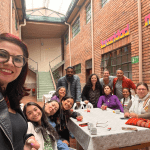
 By Obiageri Bridget Azubuike – PhD in Advanced Quantitative Methods. School of Education. University of Bristol.
By Obiageri Bridget Azubuike – PhD in Advanced Quantitative Methods. School of Education. University of Bristol. By Varshini Parthiban, MSc Education, School of Education, University of Bristol
By Varshini Parthiban, MSc Education, School of Education, University of Bristol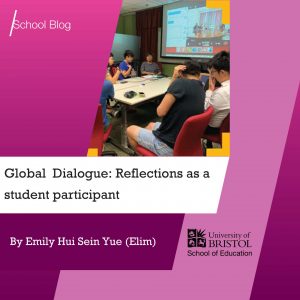 Blog by Emily Hui Sein Yue (Elim), Master of Education (MEd)(Comparative and Global Studies in Education and Development)student, Faculty of Education, the University of Hong Kong.
Blog by Emily Hui Sein Yue (Elim), Master of Education (MEd)(Comparative and Global Studies in Education and Development)student, Faculty of Education, the University of Hong Kong.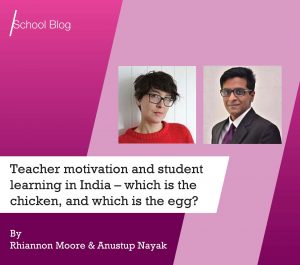 Blog post by Rhiannon Moore (PhD student, School of Education, University of Bristol) and Anustup Nayak, (Project Director for Classroom Instruction and Practice, Central Square Foundation)
Blog post by Rhiannon Moore (PhD student, School of Education, University of Bristol) and Anustup Nayak, (Project Director for Classroom Instruction and Practice, Central Square Foundation)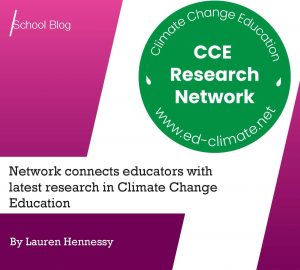 Blog post by
Blog post by 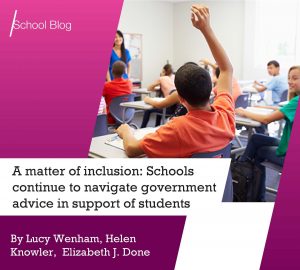 National Inclusion Week 2021. Blog post by
National Inclusion Week 2021. Blog post by